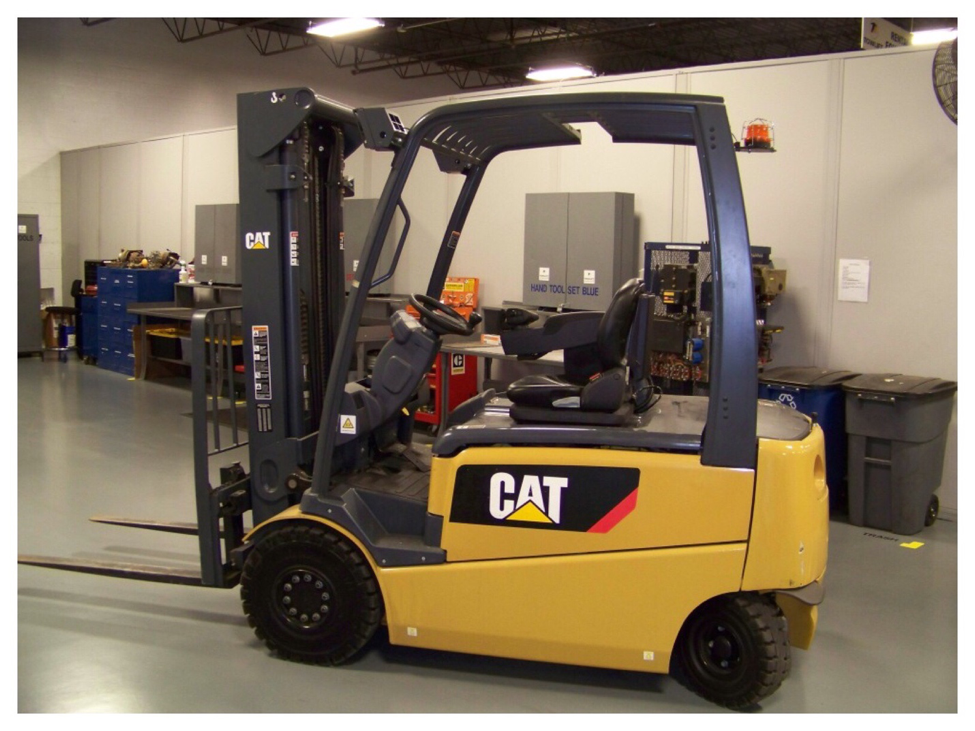Corporate America seems to disagree with his assessment. The problem with the study that Matthew tries to hold up as his evidence is that it primarily is measuring the difference between electric and gas as fuel and doesn’t take into account the long term fixed costs.
For instance, most corporations have been crunching the math on using electric versus gas forklifts for many years now. Unlike most consumers, corporations DO make their decisions based on the most cost-effective solution. And for the most part, gas usually wins. Even when you take into account the lower maintenance and fuel costs for EVs it is still cheaper to own gas forklifts.
Last summer I had to go through the financial analysis on whether to convert our forklift fleet in Louisiana over to electric. The appeal of electric forklifts was plain to the warehouse manager because he hated dealing with the hassle of downtime and scheduling maintenance and repairs.
However, when we quantified the cost of electric forklifts over the next ten years it wasn’t even close. EVs were 30-40% more expensive than gas forklifts. The problem was higher initial vehicle cost, battery pack replacement costs, and charging station replacement cost.
Most people are aware that electric vehicles cost more up front. But not everyone is aware of how expensive battery replacements can be. Further, even less are aware that the charging stations you pay a lot of money for also have a limited life. For electric forklifts the charging stations need to be replaced every 6 years.
When faced with the total cost of conversion over to electric vehicles, my warehouse manager balked at the cost and chose gas forklifts. How could he justify a nearly 40% increase in costs? Yes, maintenance and fuel are cheaper, but battery and charging station replacements kills that advantage.
There are some companies that have already started using electric forklifts but it’s not because they’re cheaper. Let me explain why. In those cases, the 40% premium on EVs is weighed against the cost of downtime. For instance, if it’s Friday afternoon and you don’t get every truck loaded because one of your forklifts blew a transmission, that may cost you in other ways.
If you are a company that doesn’t compete on price and is willing to charge a higher price for superior service, you may be willing to pay more for forklifts that won’t go down for repairs. This is the same rationale being used by companies who are signing up for electric semi-trucks. It’s not that they think they will be cheaper to operate, it’s that superior service trumps low-cost.
The study from the University of Michigan that Matthew DeBord holds up as evidence that no one quibbles with the fact that EVs are cheaper is flawed. If it was true, corporate America wouldn’t overwhelmingly still be using gas forklifts. If it was truly cheaper to use electric, American business would have already converted their forklift fleets.
Now available in iBooks —> The Tesla Bubble




 RSS Feed
RSS Feed